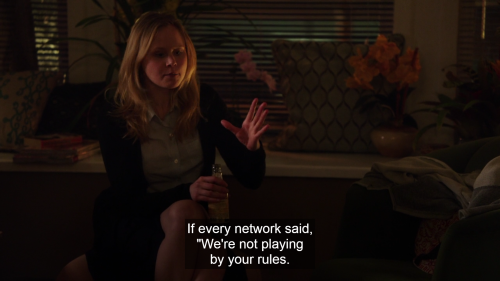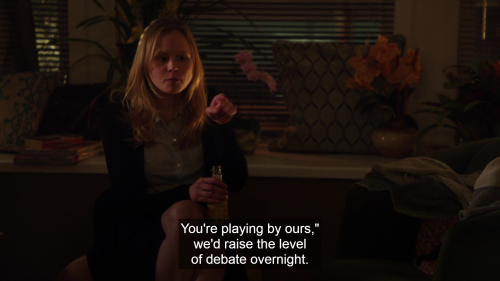After rewatching The Empire Strikes Back over the weekend, it became clear that two major blunders ultimately doom the Empire. (Original trilogy spoilers below, obviously.)
Boba Fett’s Terrible Contract
After leaving the asteroid field, the Millennium Falcon’s hyperdrive fails (again). As a Star Destroyer prepares to blow it up, Han Solo turns around the Falcon and attaches it to the Destroyer.
The plan works. Imperial troops have no idea what happened to the Falcon and assume it jumped to hyperspace. Han, meanwhile, plans to sit there until the Destroyer empties its garbage and then drift away while camouflaged in the trash.
Darth Vader, apparently well-versed in comparative advantage, had commissioned bounty hunter Boba Fett (among others) to track down the Falcon.
Contract theory tells us that the reward for finding the Falcon needs to be substantial, going above and beyond basic expenses—otherwise, a bounty hunter would not have incentive to exert maximal effort in a risky and uncertain process. Furthermore, because the Empire cannot observe the effort a bounty hunter exerts, it needs to offer that large amount regardless of the actions leading up to capture.
Resolving this moral hazard problem created a second problem, however, and it was a problem Vader did not fix. If Boba Fett knew exactly what the Falcon was up to, he had incentive to conceal that information. He could wait for the Falcon to do its thing, catch it, and then claim the substantial reward designed to induce high effort despite only exerting very low effort.
And that’s exactly what happened—Boba hid in the garbage along with the Falcon, followed it through hyperspace, and immediately contacted the Empire upon arrival in Cloud City.
Vader could have solved that problem by paying the high amount even if a bounty hunter gave away the information immediately. But he didn’t. (Or a credible commitment problem stopped him, though apparently the bounty hunters are not particularly worried about this.)
So instead of capturing the Falcon on the Empire’s terms and setting up a confrontation with Luke on a Star Destroyer, they end up in Cloud City. This led to the next blunder…
Vader Miscalculates Lando’s Reservation Value
After landing in Cloud City, Vader and Lando Calrissian engage in crisis bargaining, a subject international relations scholars have explored at length. A mutually beneficial agreement certainly existed—rejection would have led to costly conflict, and we have a nice theorem that says a there is range of settlements that are mutually preferable to war under these conditions.
The existence of settlements does not guarantee peace, though. If one side faces uncertainty—perhaps Vader does not know how resolved Lando is—then it may demand more than the opponent is willing to give up. Conflict results.
Something like that appears to have happened in Cloud City. Vader’s initial offer was generous, demanding Han and giving Lando autonomy otherwise. But Vader kept demanding more—including Chewbacca and Leia—causing Lando to eventually begin a fight.
This proved fatal to the Empire. Lando freed Leia. Freeing Leia allowed them to recover Luke. Luke ultimately turned Vader, and Vader killed the Emperor. Meanwhile, Lando led the mission to destroy the second Death Star. All because Vader kept demanding more.
One perspective on this is that Lando’s initial concessions caused Vader to believe that he could profitably extract more. If so, Vader made a clear error: research on this subject shows that you should not increase your demands after an initial acceptance.
In short, this is because your first offer—if it was truly optimal in the first place—maximizes your payoff conditional on acceptance. So if you try to extract more, the potential gains must not be worth the additional risk you face.
The Jedi are supposed to be master negotiators. I can only conclude that Anakin slept through his bargaining classes as a padawan.




